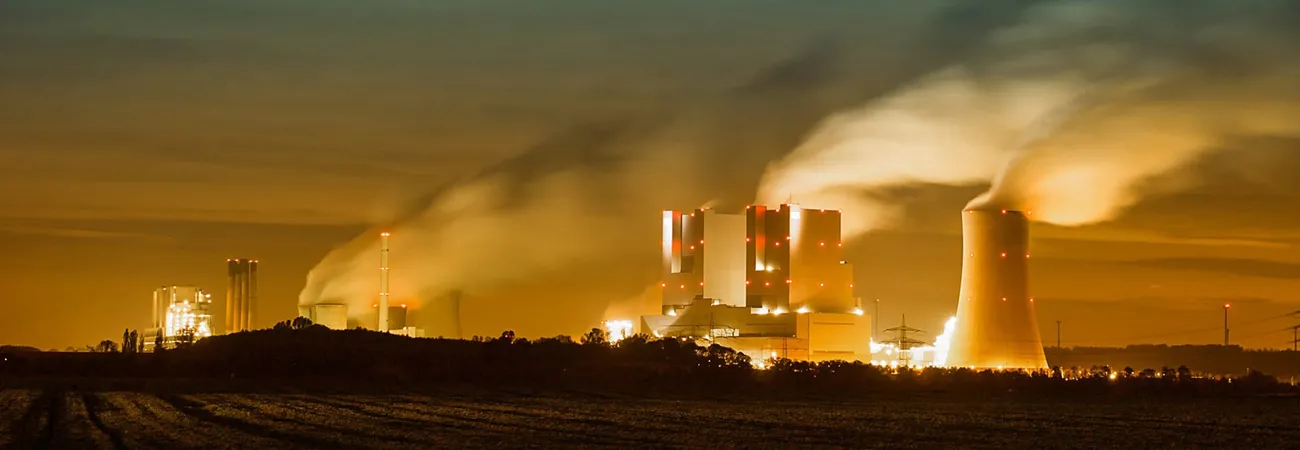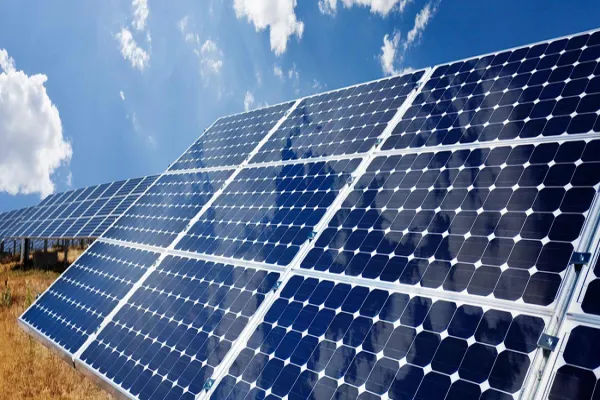i ECONOMY
The tightening of energy markets commenced in 2021 due to an array of factors, notably the remarkably swift post-pandemic economic resurgence. However, the situation took a drastic turn, evolving into an all-encompassing global energy crisis following the Ukraine crisis in February 2022. This event triggered an unprecedented surge in the natural gas prices, consequently driving the electricity costs to unprecedented heights in certain markets. Accompanying this, the oil prices reached their highest levels since 2008, reports WealthPK. The surge in the energy costs has contributed significantly to distressing inflation rates, plunging families into poverty, compelling select factories to curtail production or even shutter operations, and decelerating economic growth to the extent that several nations are teetering on the brink of severe recession.
Europe, particularly vulnerable due to its historical dependence on the Russian gas, faces the impending possibility of gas rationing this winter. Concurrently, many emerging economies grapple with substantially elevated energy import expenses and fuel scarcities. Furthermore, the interconnectedness of today's global economy magnifies the impact, setting it apart as the first genuinely worldwide energy crisis. Further compounding the challenge are persistent supply shortages, magnified by an unfortunate sequence of events.
Natural calamities, geopolitical frictions, and vulnerabilities in infrastructure have collectively conspired to undermine energy production and distribution. Key energy-producing regions have borne the brunt of unforeseen setbacks, resulting in diminished outputs of oil, natural gas, and electricity. The global shift toward renewable energy sources, a pressing imperative, has encountered its own set of tribulations. While strides are being made, the transition is fraught with complexities.
The lingering reliance on fossil fuels remains a stark reality for many nations, impeding the pace of transition to renewables. Critical components for renewable technologies, such as solar panels and wind turbines, have been subject to supply chain bottlenecks, further impeding the progress. In this context, the energy crisis has laid bare the necessity for substantial investments in renewable energy infrastructure and energy storage solutions. Battery technology, a linchpin for storing intermittent renewable energy, is still evolving, and its limitations have come into sharp relief during periods of heightened demand.
This has hindered the seamless harnessing and deployment of renewable energy on a large scale. In Europe, certain manufacturing plants heavily reliant on gas have curtailed their operations due to the financial constraints, while in China, power supply to some plants has been abruptly severed. In emerging and developing economies, where a substantial portion of household budgets is allocated to energy and food, soaring energy expenses have exacerbated extreme poverty and hindered progress toward achieving widespread and affordable energy access. Pakistan is also no different. Pakistan's energy sector is in crisis due to the shortage of energy production to meet the country's expanding demand during the past few decades.
The oil and gas imports are presently Pakistan's main sources of energy. Market disruptions may occur if the switch to low-carbon energy sources is not properly managed or stressed, as seen by the recent surge in the energy prices. Even in advanced economies, escalation in prices has adversely affected vulnerable households, triggering notable economic, social, and political strains. Certain quarters have attributed the recent surge in the energy prices to climate policies; however, this assertion lacks substantiated evidence.
In actuality, greater availability of clean energy sources and technologies could have shielded the consumers and alleviated some of the upward pressure on the fuel prices. As governments grapple with the crisis, emergency measures, such as rationing and price controls, are being contemplated to ensure that critical sectors maintain access to energy. However, these provisional remedies may offer only a transient respite and could potentially exert far-reaching economic implications. In the long term, nations are being compelled to expedite their transition plans towards sustainable energy sources.
Investment in renewable energy infrastructure, energy storage, and grid robustness has become a compelling necessity to preempt the recurrence of such dire crises. Collaborative endeavors on a global scale assume paramount importance, necessitating the sharing of expertise, technology, and resources to surmount the extant challenges.
Credit: Independent News Pakistan (INP)









